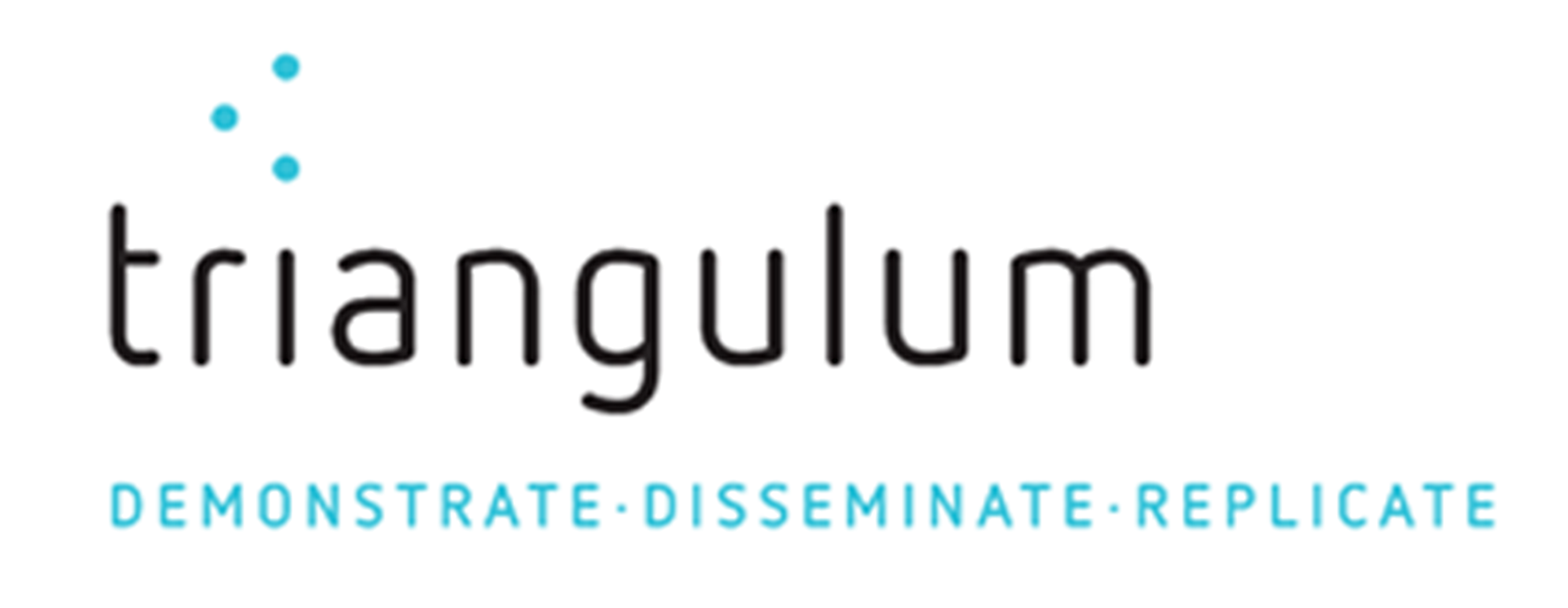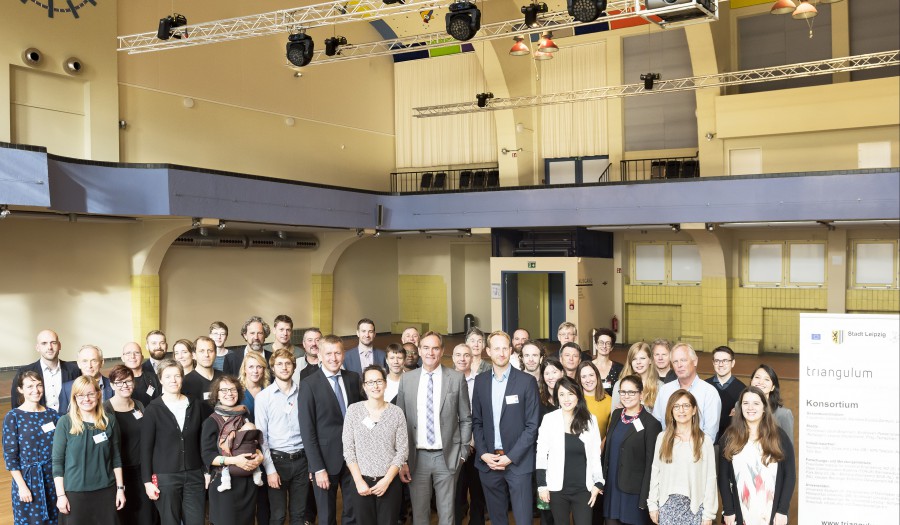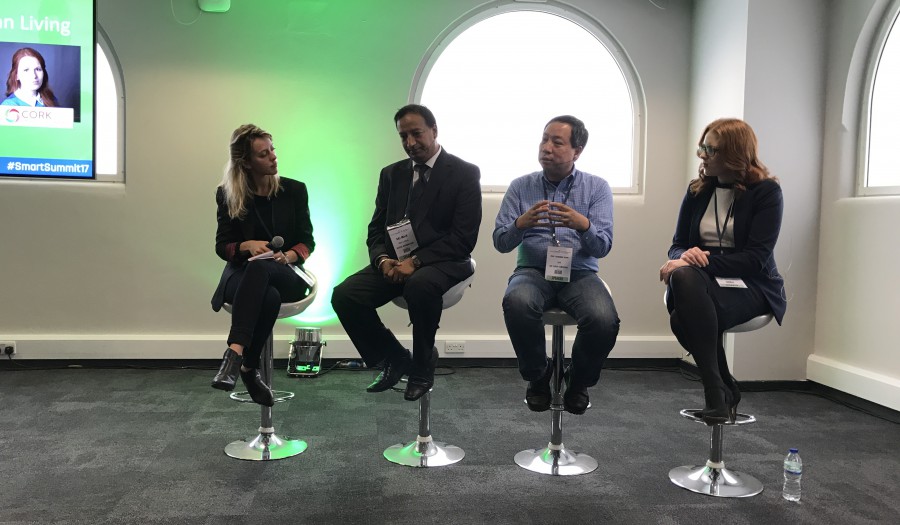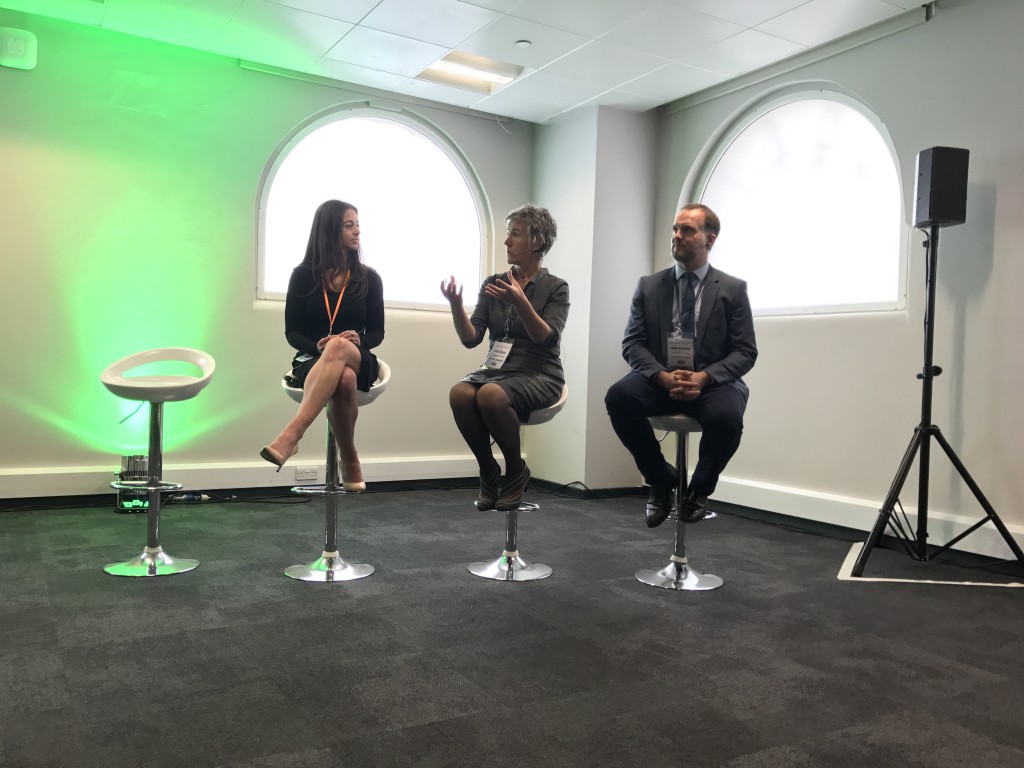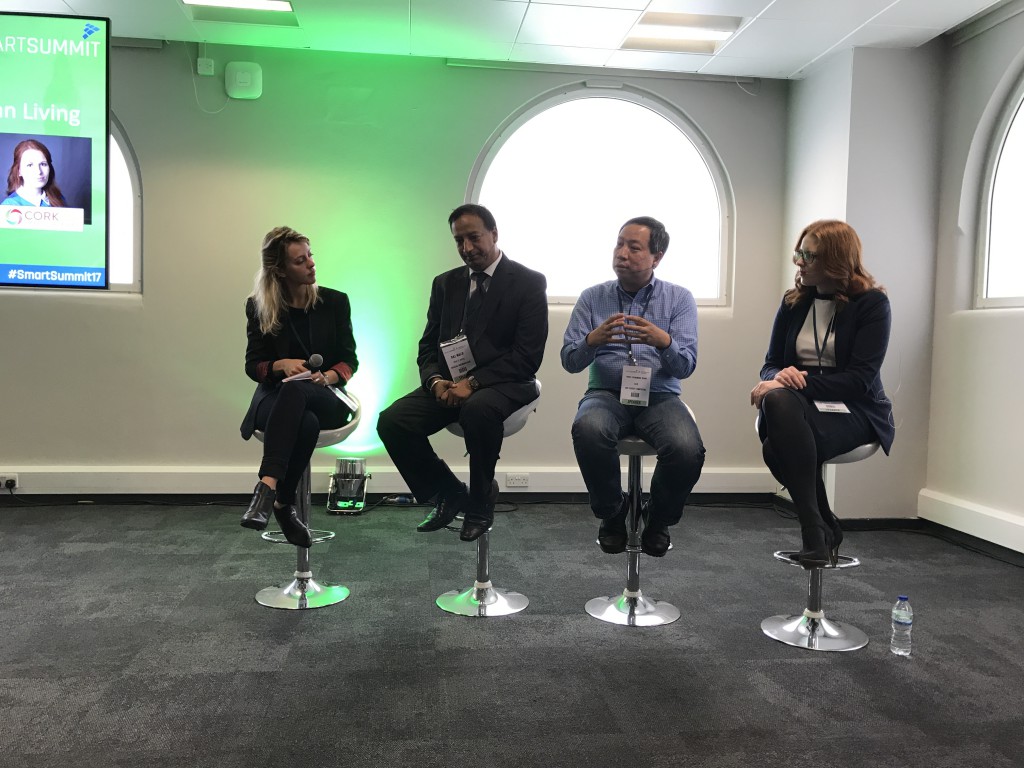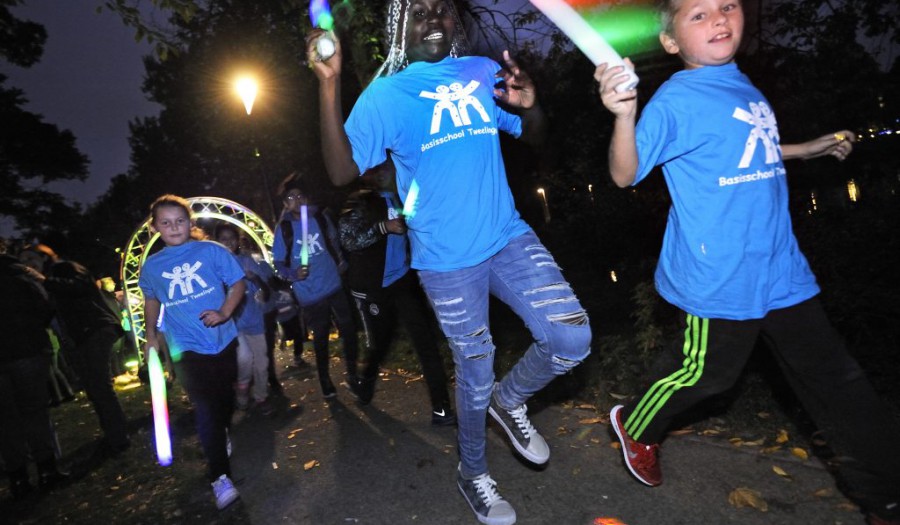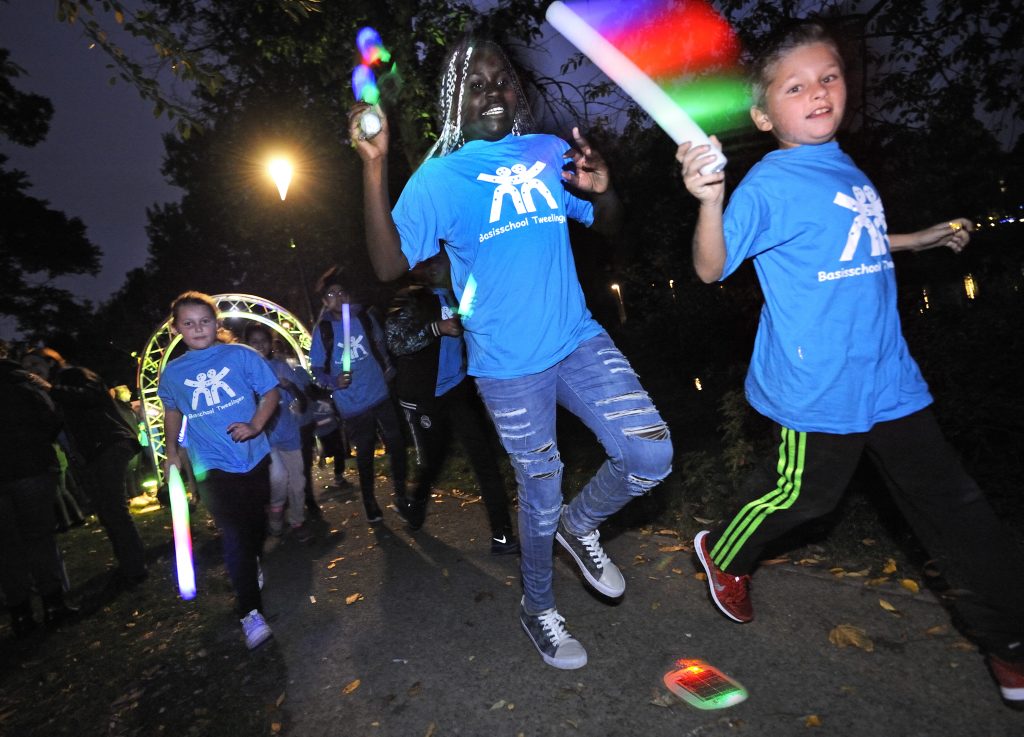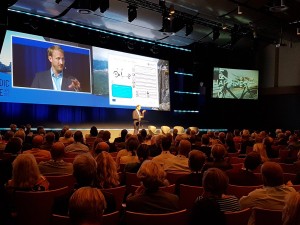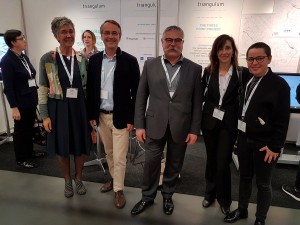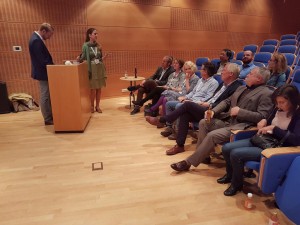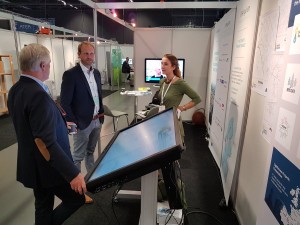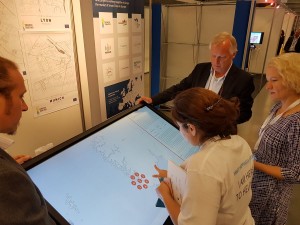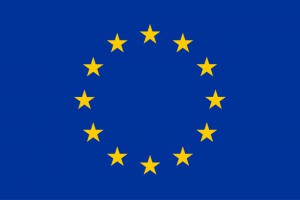From 11th to 13th October 2017, the entire Triangulum consortium came together in the project’s Follower City Leipzig for a Steering Committee meeting and its 3rd General Assembly.
After an official welcome by Leipzig’s Lord Mayor Burkhard Jung and Dr. Norbert Menke of Leipziger Versorgungs- und Verkehrsgesellschaft, the consortium members discussed the project progress and the next upcoming activities. During an excursion the project partners could also discover Leipzig’s public transport mobility stations and an innovative heat storage station.
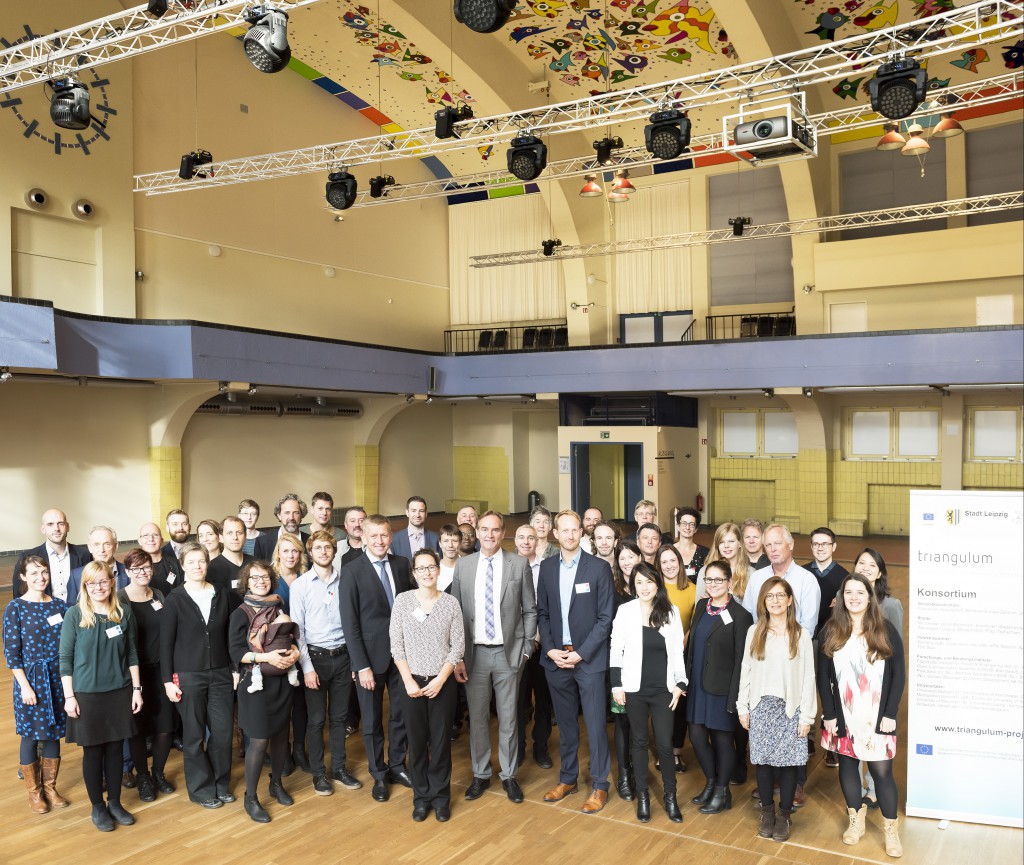
Triangulum consortium (Picture: Fraunhofer IAO)
